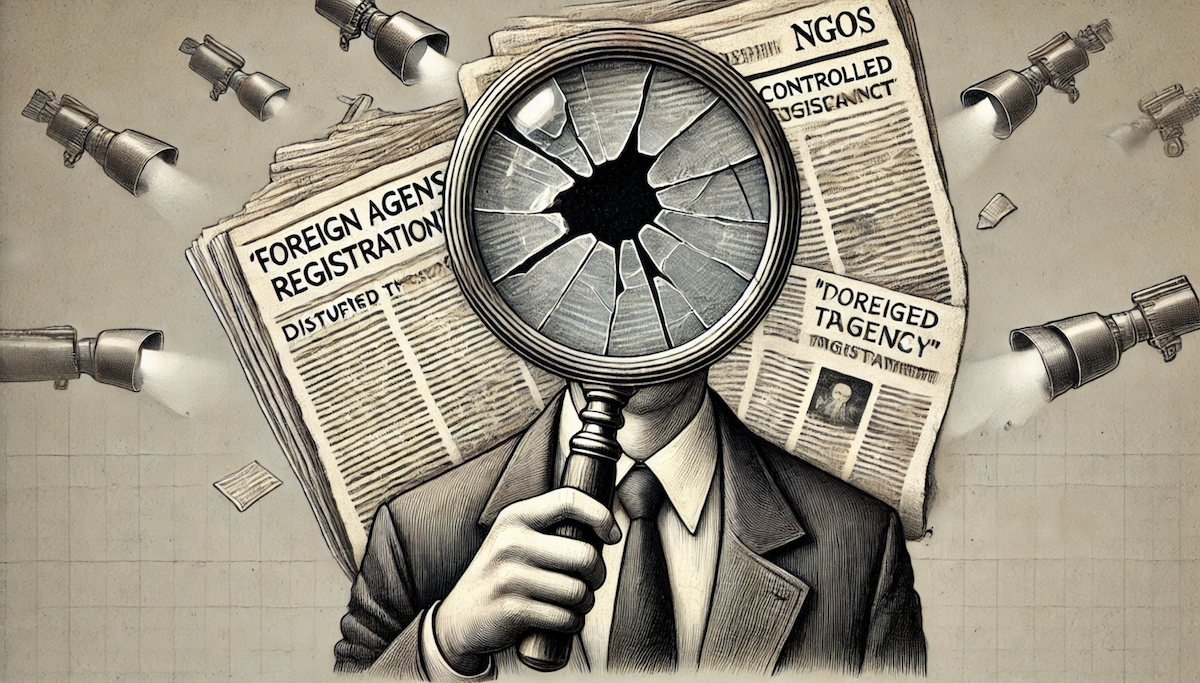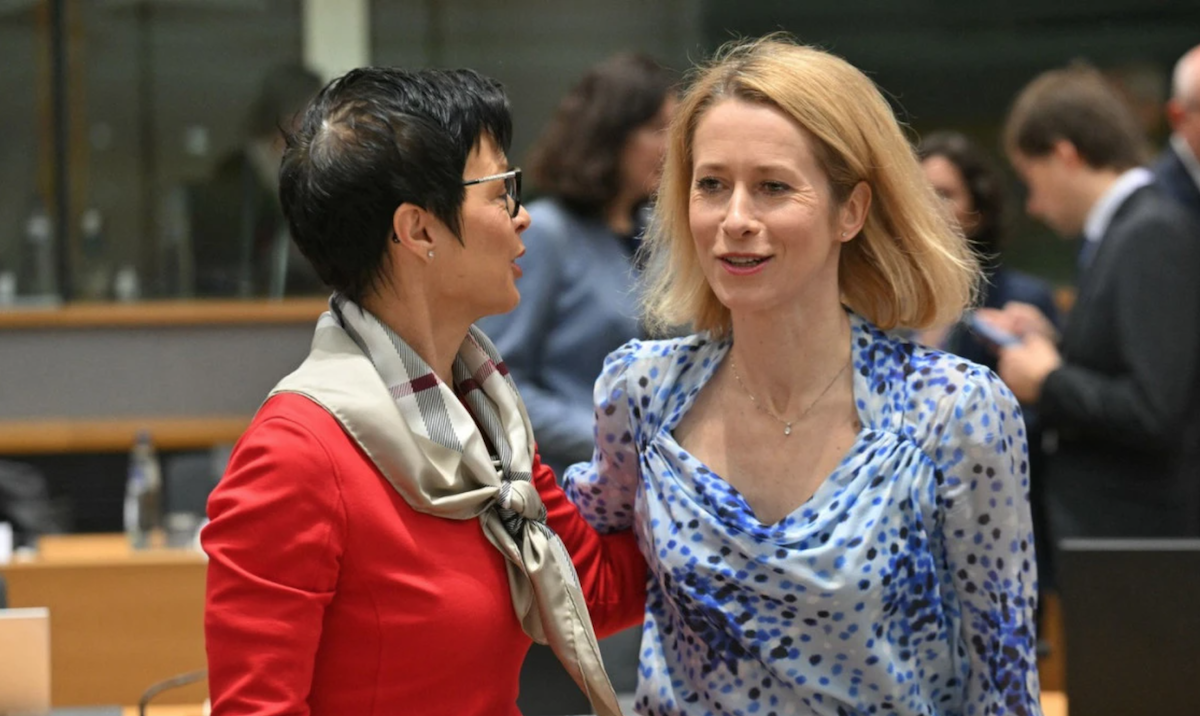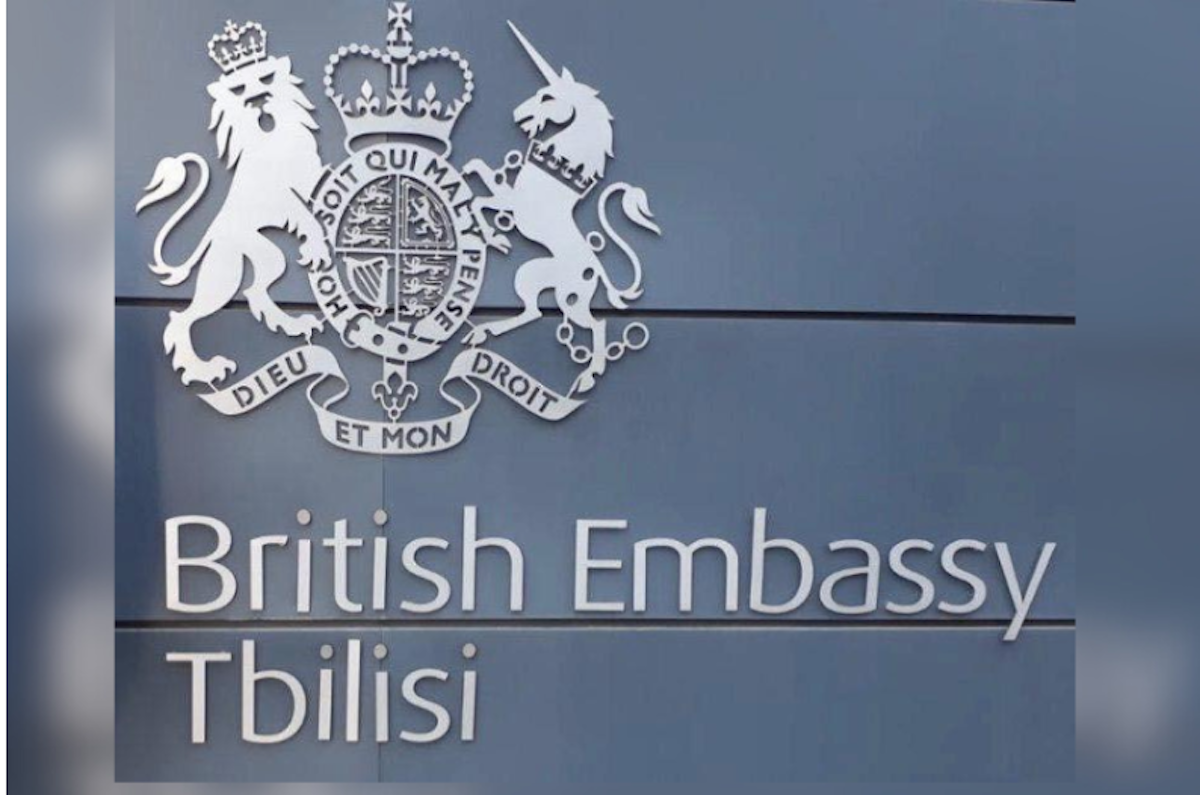Georgian NGOs say authorities are now enforcing repressive laws
Georgia enforces repressive laws
According to Georgian non-governmental organisations, the government began directly enforcing repressive laws targeting media and NGOs on 17 June. Authorities have already requested personal identification numbers, names, surnames, photographs, financial and banking information.
The measures primarily relate to the “foreign agents” registration law.
What are NGOs saying?
“On 17 June, the Ivanishvili-Kuprashvili bureau began enforcing unconstitutional Russian-style laws through the Murusidze court. They are demanding — without any legal basis — that we, as human rights defenders, hand over the personal data of citizens under our protection. This includes victims of torture, women affected by violence, schoolchildren, students, teachers, pensioners, persons with disabilities, entrepreneurs, whistleblowers, journalists, observers, unlawfully dismissed civil servants and their family members. They are requesting personal ID numbers, names, surnames, photographs, financial and banking information, and even health data of those who have trusted us and sought our help.
We will not betray the trust of the people we protect — even if that leads to our persecution or arrest. We will not hand over the information of people oppressed by the Ivanishvili regime to a Russian-style regime. We will take legal action. We are already taking steps against these orders. Their goal is clear — Ivanishvili is trying to destroy Georgia’s free civil society, just as the Bolsheviks did in the 1920s, and as the regimes of Putin and Lukashenko have done over the past decade.
We reaffirm that we will not live under Russian laws, nor accept the sabotage of Georgia’s European future. We will continue our fight to defend the rights of the Georgian people,” the NGO representatives said.
The foreign agents registration law — a near-exact copy of the U.S. Foreign Agents Registration Act (FARA) — was passed by Georgia’s Georgian Dream-led parliament on 1 April 2025 and came into force on 31 May. Government officials claim the law aims to limit foreign interference in the country’s affairs and the functioning of state institutions.
The law introduces a broad definition of “agent of foreign influence,” applying it to any individual or legal entity that receives any kind of funding from abroad while engaging in civic, political, or informational activity. Such persons or organisations are required to register. Failure to do so carries penalties including fines and imprisonment of up to five years.
Independent legal experts agree that while the text closely mirrors the U.S. FARA, its purpose has been fundamentally altered. In the United States, FARA is deliberately not applied to the NGO sector, media, or organisations that serve the public interest. It targets only entities acting “under the direction or control of a foreign government.” Moreover, the U.S. has an independent judiciary. In Georgia, however, enforcement of the law has been assigned to the Anti-Corruption Bureau — an institution that lacks independence.





















